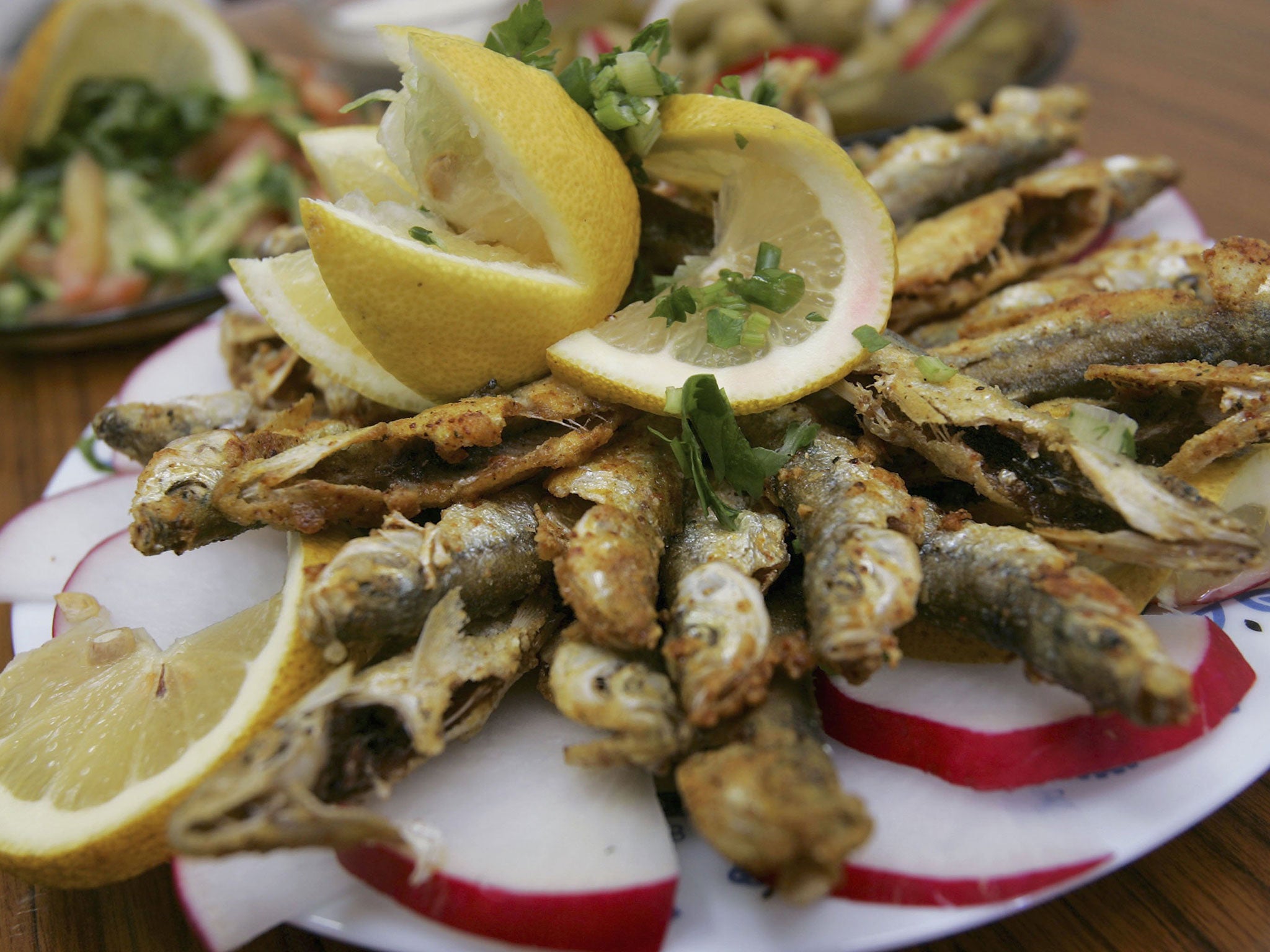Eating fish during pregnancy 'can aid brain development in children'
Health bodies currently advise pregnant women to limit their intake of some fish to reduce the risk of mercury and other pollutants affecting their foetus

Pregnant women who regularly eat three potions of fish may benefit their child’s brains development for years, a new study has suggested.
Spanish scientists conducted the study to identify whether seafood is beneficial for a child’s neuropsychological development.
The study involved almost 2,000 pairs of mothers and children from the Spanish Childhood and Environment Project population study, who were assessed in the first trimester of pregnancy to the child’s fifth birthday.
The women involved ate swordfish, albacore tuna, shell fish, smaller oily fish such as mackerel, sardines, anchovies and salmon, as well as lean fish like hake, sole.
Their blood was then tested for levels of vitamin D and iodine, while umbilical cord blood was screened for mercury and other pollutants.
When the children reached 14-months, researchers studied them using the Childhood Asperger Syndrome Test, as well as the Bayley and McCarthy scales, which measure development and ability, respectively.
The paper published in the ‘American Journal of Epidemiology’ found that eating more than 340g of seafood a week was linked to better neuropsychological scores in children.
However, children’s test scores improved with every 10g of fish women ate above 500g, up to 600g, Reuters reported.
Lean fish and oily fish specifically showed correlation with better scores on the McCarthy and Childhood Asperger Syndrome tests.
Researchers also found that women who ate 600g of fish each week while they were pregnant were not affected by mercury and polychlorinated biphenyls (PCBs) linked with the food. Past studies have found these substances to be neurotoxic, and can affect a baby’s nervous system.
Lead author Jordi Julvez, of the Center for Research in Environmental Epidemiology in Barcelona, told Reuters that seafood is a known source of nutrients essential for brain development.
Citing US guidleines which advise women to limit their food intake to 340g a week, Dr Julvez said: "I think that in general people should follow the current recommendations.
"Nevertheless this study pointed out that maybe some of them, particularly the American ones, should be less stringent."
Further research must be carried out to better understand how eating fish affects development in order to give women better guidance.
The NHS currently recommends that pregnant women do not eat shark, swordfish and marlin because they contain high levels of mercury. Tuna should be kept to 140g a week: equal to two steaks or four medium-sized cans.
The body’s website adds that pregnant women do not need to give up oily fish over concerns about PCBs, but should stick to two portions a week maximum of salmon, trout, mackerel, herring, sardines, pilchards, and fresh tuna as the canned variety is not part of this category.
Pregnant women should also limit themselves to two portions of dogfish (or rock salmon), sea bass, sea bream, turbot, halibut and crab.
However, women do not need to be concerned about the amount of cod, haddock, plaice, coley, skate, hake, flounder and gurnard they eat.
Join our commenting forum
Join thought-provoking conversations, follow other Independent readers and see their replies
Comments
Bookmark popover
Removed from bookmarks